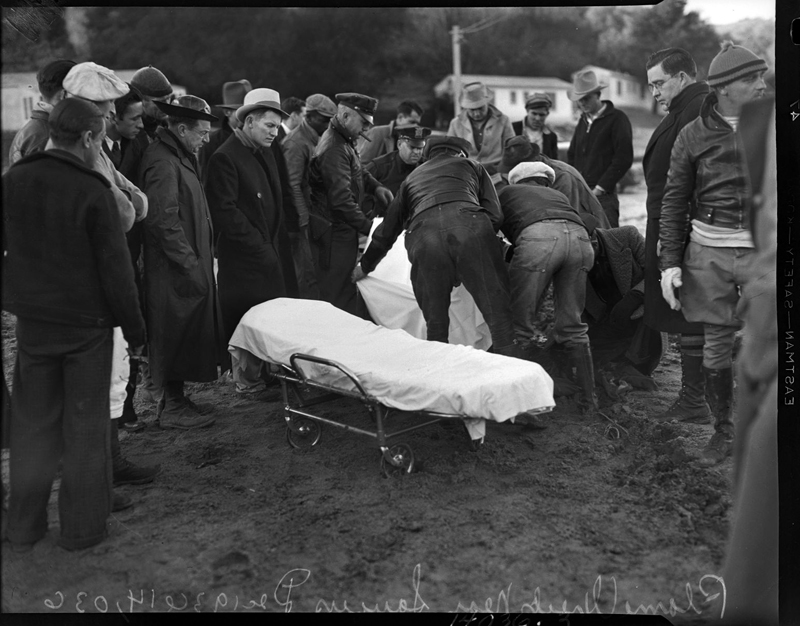
Carl Kanowsky, Esq.
Johnny, my 12-year-old neighbor, obviously had been watching too much “Leave It To Beaver” and other 1950s-era television shows. He had a distorted view of things. For instance, he wanted to know why we had so few blacks and Hispanics back then. Clearly everyone was white, right?
As I talked to him some more, I realized he was living in a world populated by Eddie Haskell and Ward and June. It struck home how much he was out of it when he asked me how he could become a paperboy. You know, the kid riding up and down neighborhood streets flinging papers from a basket on the front of his bike? In fact, the little entrepreneur had a plan to get some of his buddies together to take over the paper’s distribution. He was even talking about printing his own weekly.
I determined then to bring Johnny back to reality. I didn’t want him to have a distorted view of the world. Plus, his poor mom was recently divorced, so I thought a little male bonding would help. Of course, it didn’t hurt that she was the model for Hooters and Tilted Kilt.
“Johnny, it’s admirable that you want to start your own business, but kid, you’ve got to wake up and smell the coffee,” I told him. He looked at me, utterly confused. So I decided to clue him in.
I explained that since a 2008 court of appeals ruling, he would have to carry workers’ compensation coverage on all of his friends who were delivering his paper. After seeing the glazed look in his eyes, I told him the story of the Antelope Valley Press.
The AVP, apparently like many other newspapers, wanted to avoid classifying its delivery people as employees. If these folks were considered employees, then AVP’s workers’ compensation premiums would soar.
So they set up a structure where the delivery personnel were classified as independent contractors. They had all of them sign an Independent Contractor Agreement where they agreed they weren’t employees and that they’d be responsible for their own workers’ compensation and employment taxes. They had to use their own cars (another problem for Johnny, as none of his friends could drive); they could determine their own sequence of delivery (so long as everyone had their paper by 6 a.m.); and they could dress however they wanted.
But there were severe consequences if they failed to follow AVP’s delivery rules. Papers to paying customers had to be wrapped in one color of plastic while free papers were in a different color. The delivery people had to pick up the papers by a certain time or risk losing the right to deliver for that day. The papers had to arrive dry and in the location specified by the customer. Failure to do this could lead to fines and eventual discharge from the delivery ranks. Supervisors toured the neighborhoods to check up on how well the paper was being delivered.
State Fund, AVP’s workers’ compensation insurance carrier, decided that this sounded more like an employment situation and not independent contractors. So it raised AVP’s premium accordingly. AVP challenged that decision, and the dispute eventually wound up at the court of appeals, which agreed with State Fund. The court ruled that AVP exerted more control than was appropriate in a true independent contractor relationship.
“So, Johnny, not only will you have to pay your friends to deliver your weekly rag; you’ll also have to cover them with workers’ comp,” I said.
Johnny was in tears, and obviously bewildered. He ran home. And his hot divorcee mom? She came over, slapped me and told me to never talk to her kid again.
Ah, the youth of today. I think I want to go back to Mapleton Drive.
Carl Kanowsky is an attorney in Santa Clarita. He can be reached at cjk@kanowskylaw.com. Visit him online at www.kanowskylaw.com.
Like this:
Like Loading...
Related







 Tweet This
Tweet This Facebook
Facebook Digg This
Digg This Bookmark
Bookmark Stumble
Stumble RSS
RSS







































REAL NAMES ONLY: All posters must use their real individual or business name. This applies equally to Twitter account holders who use a nickname.
0 Comments
You can be the first one to leave a comment.